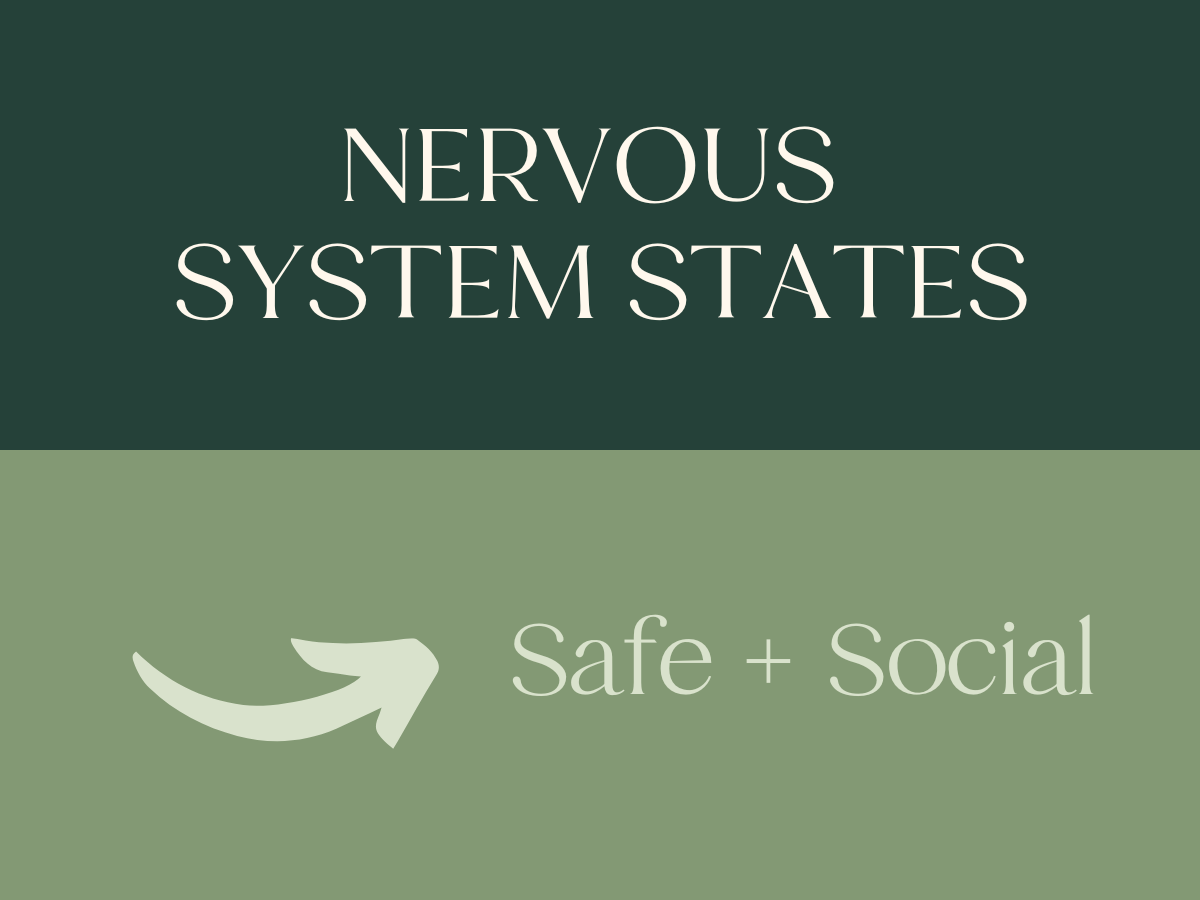If you could think of sympathetic activation like everything speeding up, then you could think of dorsal as everything slooowwwiinnng down.
In this state:
◇ breathing slows
◇ movement becomes difficult
◇ thoughts turn fuzzy
◇ everything seems lost o/r hopeless.
This is an autonomic (involuntary) defensive state of the body. It is a state of protection like the other survival states. The body defers to this state when the fight/flight state hasn’t been successful at getting your needs met, or there seems to be no other option. (This all happens on a biological level, undirected by conscious thought).
People feel disconnected from self and others in this state. It is a numb, painful and lonely place to be. Depression is the long-term experience of being stuck in the state of shut down. Many people experience brain fog, lack of joy, purpose or motivation in this place. Health problems can arise or worsen from being chronically stuck in this state as well.
Medical approach:
Typically this is treated with SSRI’s or other antidepressants, which can be incredibly valuable. If the SSRI’s increase one’s bandwidth to cope with life and allow them to pursue the deeper healing work they may need, they’re a wonderful aid. Some report that antidepressants take the edge off of their suffering, but also make them lose access to “positive, feel-good” emotions/sensations. This is challenging as tapping into the feel-good neurochemistry is a really powerful part of the healing journey. Another challenge is that some people don’t feel any of the hard emotions, so getting to the root of them feels unnecessary or not really possible. Some people find they do great healing work while on antidepressants. This is why it is important to work with your prescribing doctor and mental health professionals to help determine the best fit for your journey of healing.
